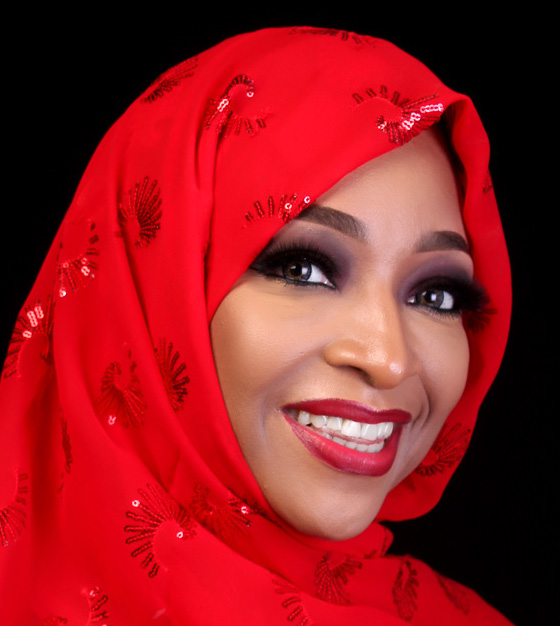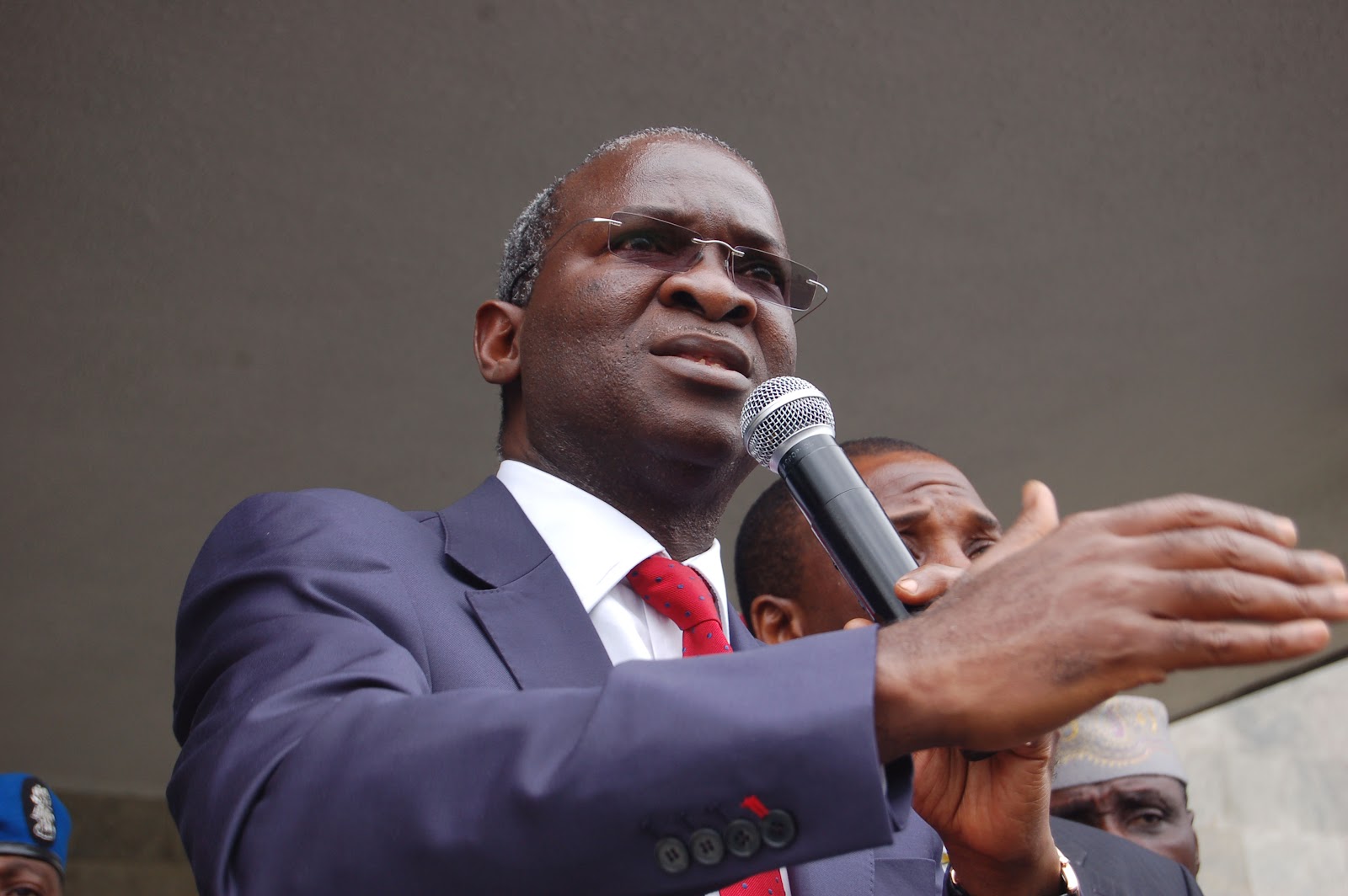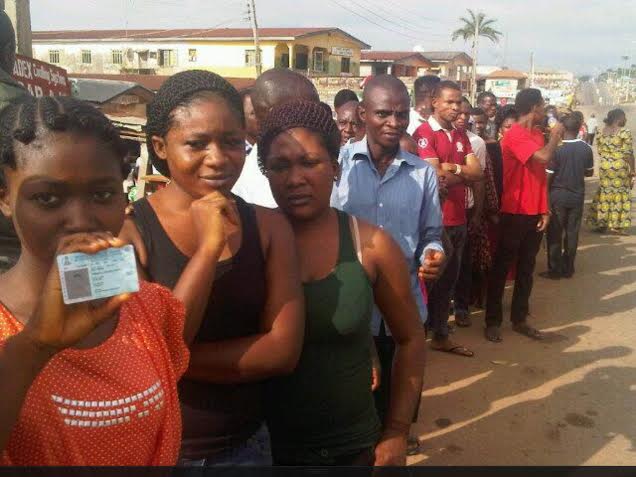Barely a few weeks away, the entire nation is understandably agog over the February general elections. Its electioneering and politickingtime again and we are back at the same crossroads as we were in 2011, except that this election is more precarious and ominous than theformer. As expected, many a discourse and conversations are about the elections.
The print and social media isn’t left out as headlinesabout the upcoming elections continue to grace the pages of newspapers, make the front burner of media outlets and illume chat-rooms on social media. From Lagos to Lokoja, Anambra to Adamawa, the streets are overwhelmingly “cluttered” with various political partyposters and leaflets, persuading the electorates to vote for a particular candidate or party. Political parties and candidates have been holding rallies from state to state in an effort to sway voters.
Never in the history of our nascent democracy has the political arena been this competitive, tense and dire. With predictions from the US that Nigeria might break-up in 2015; with the election verbatim of political party leaders and aspirants as being a “do or die affair”; with the ever increasing threats from “glorified regional thugs” branding themselves as regional statesmen, that the country would break-up if their favored candidates do not win the upcoming elections; with the ongoing mass cross-carpeting of politicians from one political party to another in the quest for position and power, it is no surprise that we find ourselves in this current state of apprehension and fraught over the elections.
As election campaigns inadvertently overheat the polity, in a seemingly pre-election day Nigerian fashion, political violence isincreasingly becoming the order of the day. A few weeks back, some campaign vehicles of the ruling party were torched by irate youths in Jos. In Okrika, Rivers State, dynamite was thrown into the campaign office of the APC and four of its members were hacked with machetes in Rumueme, Obio/Akpor Local Government Area. Recently, properties belonging to the ruling party were destroyed in Gombe state. During the launch of the APC presidential candidate in Port Harcourt, gunmen ambushed and shot at members of the party on their way to the venue. In Bauchi, it was reported that the President’s campaign train was stoned by angry youths. Online, political bullying has equally permeated discourse on political issues, as “die hard” supporters of both political parties and presidential candidates are increasingly becoming repugnant and intolerant to one another. This pre-election violence is coming against the backdrop of the Abuja peace accord, assented by presidential candidates of the PDP, APC and others committing them against violence in the upcoming elections.
Advertisement
As we approach the Valentine’s Day election, the certainty of violence after the 2015 elections is higher than it was in 2011. From allindications, if President Jonathan wins, some parts of the country, notably the North could erupt into violence as it did in 2011. If General Buhari wins, the Niger Delta could erupt into violence. Certainly, we do not need rocket science to foresee this probable prediction. However, this should not be the case. There is also a belief that there are States and movements out there, African and non-African alike, which could possibly not mean well for the Nigerian state, and who may wish for our beloved country to dissolve into a theater of bloodshed, gore and instability. If there are such interests out there, they will succeed if we continue this politics of violence and mayhem, this do or die politics and making enemies of ourselves and friends of our enemies.
Similarly, the ever-present religious and ethnic sentiment in our clime is increasingly being exploited by some ethnic and religious jingoist for political gains, fuelling the pre-election violence currently being witnessed. Hence, leaders of political parties and candidates should publicly and categorically condemn, denounce and disassociate themselves from such supporters who use violence as a means ofexpressing themselves or showing solidarity for a political party or candidate. Every single one of our politicians must comport themselves, be warned and penalized if and when they make unguarded statements, which incite their supporters to commit violence or inflict mayhem. Politicians must be cautioned to act with decorum, respect and fair play, instead of peddling in unnecessary mudslinging and character assassination. Political aspirants must be urged to conduct civil and peaceful campaigns, devoid of threats and a commitment to preach peaceful elections to their supporters.
Another salient issue I’m finding difficult to wrap my brain around is the involvement of religious leaders in politics. It’s a fact, in this election especially, that religion has been intertwined with political activities. We have seen this before where some political office holders misuse religion as a tool to get to power, while religious leaders are mishandling it to get personal gain from those who hold public office. While religion has contributed in some ways to the process of nation building, the positive impact of religion on Nigeria’s democracy has remained evidently negligible. The manipulation of religion by some powerful individuals who hide under the guise of religion to pursue selfish interests remains one of the negative effects of religion in our polity. Religious leaders are openly celebrating and singing the praises of some political bigwigs and furthering their agenda all in the name of religion. The pulpit in most cases has been transformed into a podium for electioneering. Undoubtedly, a significant amount of religious leaders are endemically involved in partisan politics.
Advertisement
Ideally religious leaders are meant to be apolitical and should focus and engage more in peace-building instead of actively involving in politics, making public utterances which are unfortunately believed by many devout followers to be divinely-inspired. The roles of religious leaders should be in nation building and shouldn’t stand or clamor for any political aspirant or party.
Religious leaders and their institutions should stand for values, morals and setting standards necessary for a stable, peaceful and prosperous nation. Their congregations are certainly of diverse political leanings and it is not prudent to divide or cajole them because of personal political opinion. The Muslim Ulama and Christian Clergy must completely remove themselves from the political arena, preach for peace and be ready to calm the atmosphere in the aftermath of the lections, should there be a violent fallout. Pastors, Mallams, Imams, Reverend Fathers, Sultans, Emirs, Oonis, Igwes and all other traditional and religious leaders should all be engaged in building a culture of peace, national unity and integration.
These religious and traditional leaders surely play important roles in building social cohesion in Nigeria and all efforts must be made in bringing together such leaders on a neutral and apolitical platform to speak in one voice, preaching violence free electioneering and politicking, and in exploring collaborative approaches to peace in times of crisis.
Based on a common commitment to shared values and their own moral authority, religious leaders and traditional rulers can definitely serve as the conscience of this great nation of ours, working together to strengthen and build consensus around those shared values.
Advertisement
As we approach the Election Day, the choice the electorate needs to make without violence or mayhem is simply between “continuity and change” via the ballot box. However, in making that choice, we as a people should emphatically say “NO” to election violence and anything that doesn’t stand for the peaceful unity that Nigeria so desperately needs.
Whether it’s a vote for change or continuity, Nigeria needs peace and dialogue to move forward. If we don’t want this country to go in pieces, then we must go into the February 2015 elections in peace.
I invite you to:
Follow me on Twitter- @hanneymusawa
Advertisement
Visit my Website- www.hannatumusawa.com
Like my Facebook- www.facebook.com/hannatu.musawa
Advertisement
Text *(STRICTLY SMS REFERRING TO ARTICLES ONLY): 08116759753
Subscribe to my Youtube Channel- www.youtube.com/HannatuMusawa
Advertisement
Views expressed by contributors are strictly personal and not of TheCable.
Add a comment



